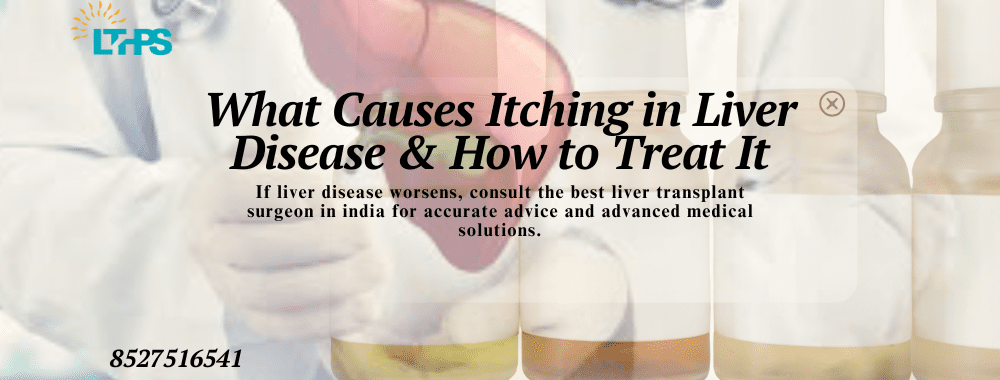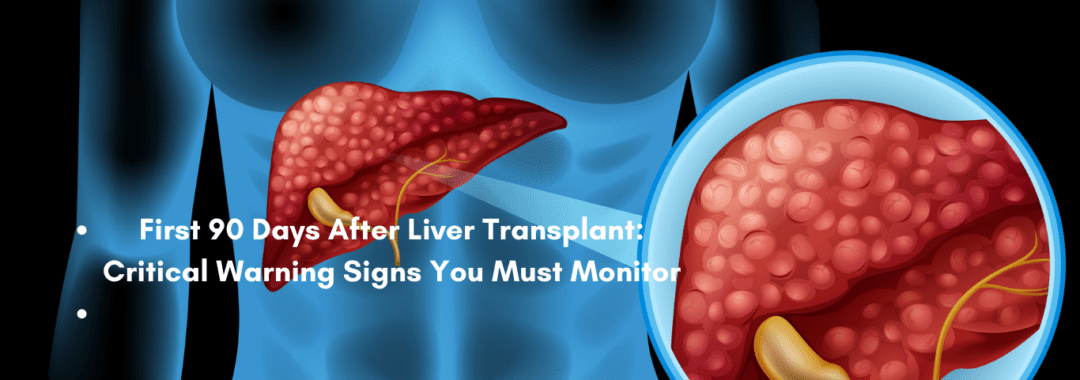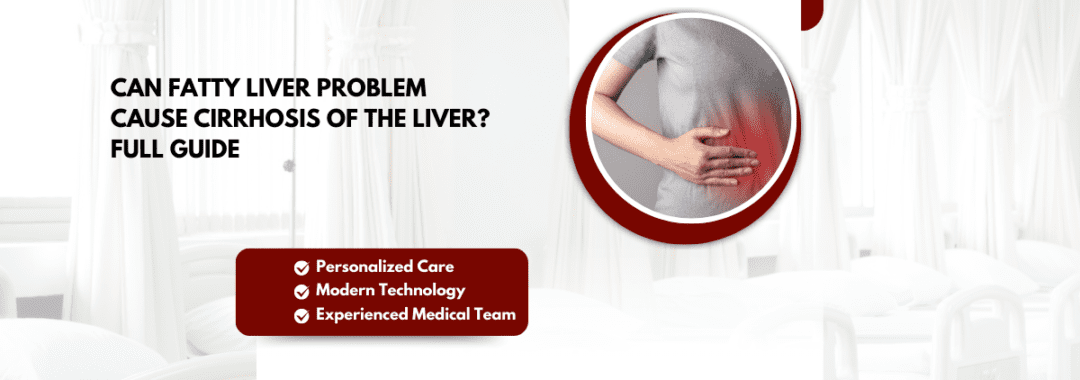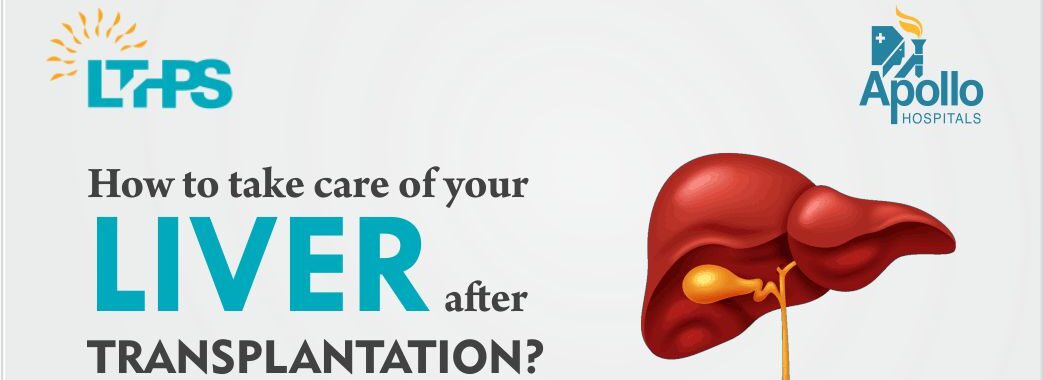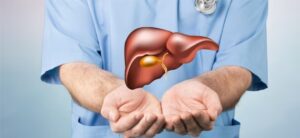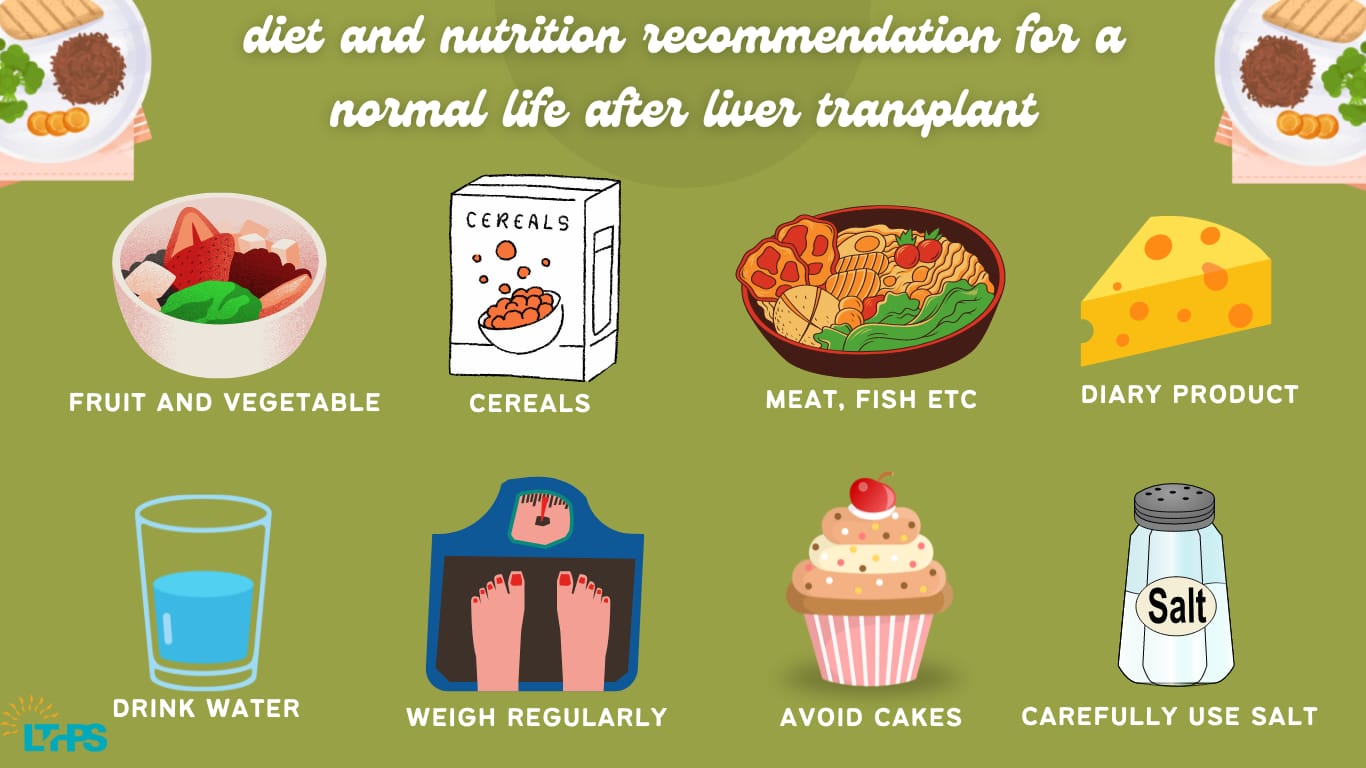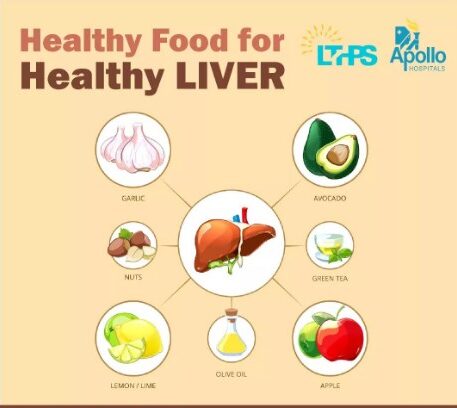Have you ever felt an itch that just won’t go away—no rash, no mosquito bite, no clear reason? Now imagine that itch lasting for weeks or months. For many people with liver disease, this is a daily reality. Itching (also called pruritus) can be one of the most frustrating and sleep-stealing symptoms of liver problems.
What causes this strange itching? Why does it happen even when the skin looks perfectly normal? And most importantly—how can it be treated? Let’s break it down in simple, human language.
Think of your liver as your body’s waste-processing plant. When it struggles, waste products can spill into the bloodstream, and the skin often becomes the messenger of that trouble.
Understand why liver disease causes severe itching, its hidden triggers, and effective treatments to relieve symptoms and protect long-term liver health.
Consult Dr. Neerav Goyal, the best liver transplant surgeon in India for expert evaluation, advanced treatment options, and personalized care for complex liver diseases.
Table of Contents
| Sr# | Headings |
|---|---|
| 1 | Understanding Itching in Liver Disease |
| 2 | Why Liver Disease Causes Itching |
| 3 | Role of Bile Salts in Skin Itching |
| 4 | Hormones and Chemical Imbalance |
| 5 | Types of Liver Diseases Linked to Itching |
| 6 | Where and When Does the Itching Occur |
| 7 | How Severe Can Liver-Related Itching Be |
| 8 | Diagnosing the Cause of Itching |
| 9 | Medical Treatments for Liver Itching |
| 10 | Home Remedies and Lifestyle Tips |
| 11 | Diet Changes That May Reduce Itching |
| 12 | When Itching Signals Serious Liver Damage |
| 13 | Liver Transplant and Relief from Itching |
| 14 | Importance of Early Specialist Consultation |
| 15 | Living Comfortably with Liver Disease |
Understanding Itching in Liver Disease
Itching in liver disease is not a skin problem– it’s a blood chemistry problem. That’s why creams and soaps often don’t help much. The irritation comes from inside the body, not the surface.
Many patients describe it as
A deep, crawling itch
Worse at night
More intense on palms and soles
Relieved briefly by scratching, then returning stronger
Sound familiar? You’re not alone.
Why Liver Disease Causes Itching
So, what’s really going on?
When the liver is damaged, it struggles to filter toxins and bile properly. These substances then circulate in the blood and irritate nerve endings in the skin.
- Key point:
The itch is your body’s alarm system, warning that the liver isn’t working as it should. - Role of Bile Salts in Skin Itching
- Bile helps digest fats. In healthy people, it flows smoothly from the liver to the intestine. But in liver disease:
- Bile flow slows down or gets blocked
- Bile salts leak into the bloodstream
- These salts deposit under the skin
- Imagine spilling detergent on your hands and not washing it off. Over time, irritation is inevitable. That’s exactly what bile salts do to your skin.
- Hormones and Chemical Imbalance
- It’s not just bile.
- Liver disease can also cause:
- Increased histamine-like substances
- Changes in opioid receptors in the brain
- Altered serotonin levels
- These changes make the brain interpret normal skin signals as itching, even when there’s no visible trigger.
- Types of Liver Diseases Linked to Itching
- Not all liver conditions cause itching, but some are well-known for it:
- Cholestatic Liver Diseases
- Primary Biliary Cholangitis (PBC).
- Primary Sclerosing Cholangitis (PSC).
- Chronic Liver Conditions.
- Liver cirrhosis.
- Chronic hepatitis B or C.
- Fatty liver disease (advanced stages).
- Pregnancy-Related Liver Disease.
- Intrahepatic cholestasis of pregnancy.
- In some cases, itching appears before other symptoms, making it an early warning sign.
- Where and When Does the Itching Occur.
- Most patients notice itching:.
- On palms and soles.
- Without any rash.
- Worse at night.
- Intensified by heat, stress, or sweating.
- Why nighttime? Because distractions are fewer, and nerve sensitivity increases when the body rests.
- How Severe Can Liver-Related Itching Be.
- Let’s be honest– this isn’t a “minor irritation.”.
- Severe itching can:.
- Disrupt sleep.
- Cause anxiety and depression.
- Lead to skin wounds and infections.
- Reduce quality of life.
- Some patients say it’s more painful than liver pain itself.
- Diagnosing the Cause of Itching.
- Doctors don’t guess– they investigate.
- Common Tests Include.
- Liver function tests (LFTs).
- Bilirubin and bile acid levels.
- Ultrasound or MRI.
- Autoimmune markers.
- Identifying the cause helps guide treatment– and sometimes prevents future complications.
- Medical Treatments for Liver Itching.
- The good news? Effective treatments exist.
1. Bile Acid Binding Medicines.
These drugs trap bile salts in the intestine and remove them from the body.
2. Liver-Specific Medications.
Drugs like ursodeoxycholic acid improve bile flow.
3. Anti-Itch Medicines.
Certain medications work on the brain’s itch pathways rather than the skin.
4. Advanced Therapies.
For severe, resistant itching, newer treatments and specialist care are required.
Important: Always consult a liver specialist before starting treatment.
Home Remedies and Lifestyle Tips.
While medicines help, daily habits matter too.
Helpful Tips:.
- Keep skin moisturized.
- Use lukewarm water for bathing.
- Wear loose cotton clothes.
- Avoid harsh soaps.
- Keep rooms cool.
- Think of your skin like dry soil– gentle care prevents cracks.
- Diet Changes That May Reduce Itching.
- Food won’t cure liver disease, but it can help reduce symptoms.
- Focus On.
- Fresh fruits and vegetables.
- Whole grains.
- Lean proteins.
- Avoid.
- Alcohol (strictly).
- Fried and oily foods.
- Excess sugar and salt.
- A liver-friendly diet supports healing and reduces toxin buildup.
- When Itching Signals Serious Liver Damage.
- Sometimes, itching is more than discomfort– it’s a red flag.
- Seek urgent medical care if itching is accompanied by:.
- Yellow eyes or skin.
- Dark urine.
- Pale stools.
- Swelling in legs or abdomen.
- Confusion or extreme fatigue.
- These signs may indicate advanced liver disease.
- Liver Transplant and Relief from Itching.
- In end-stage liver disease, medicines may stop working. This is where liver transplant becomes life-changing.
- Many patients report:.
- Complete relief from itching.
- Better sleep.
- Improved quality of life.
- Choosing the best liver transplant surgeon in india is critical for long-term success and safety.
- Importance of Early Specialist Consultation.
- The earlier liver disease is diagnosed, the better the outcome.
- A skilled liver specialist or transplant surgeon can:.
- Control symptoms early.
- Slow disease progression.
- Guide timely transplant decisions.
- Early action can save years of discomfort– and even lives.
- Living Comfortably with Liver Disease.
- Living with liver disease isn’t easy, but it’s manageable.
- With:.
- The right medical care.
- Lifestyle changes.
- Emotional support.
- You can regain comfort, dignity, and hope.
- Remember, itching is not “just an itch.” It’s your body asking for attention.
Conclusion.
Itching in liver disease may seem harmless at first, but it often signals deeper trouble inside the body. Understanding its causes– from bile salt buildup to chemical imbalances– empowers patients to seek the right care at the right time. With proper treatment, lifestyle adjustments, and guidance from experienced specialists, relief is possible. And for advanced cases, consulting the best liver transplant surgeon in india can truly be a turning point toward a healthier, itch-free life.
Frequently Asked Questions (FAQs).
1. Is itching always a sign of liver disease?
No, itching can have many causes, but persistent itching without rash should be checked for liver problems.
2. Can liver itching happen without jaundice?
Yes, itching can appear before jaundice or other visible liver symptoms.
3. Do antihistamines help liver-related itching?
Usually no, because this itching is not caused by allergies.
4. Will itching go away after liver treatment?
In many cases, yes– especially when the underlying liver issue is treated effectively.
5. Does liver transplant completely cure itching?
In most patients, itching resolves completely after a successful liver transplant.

